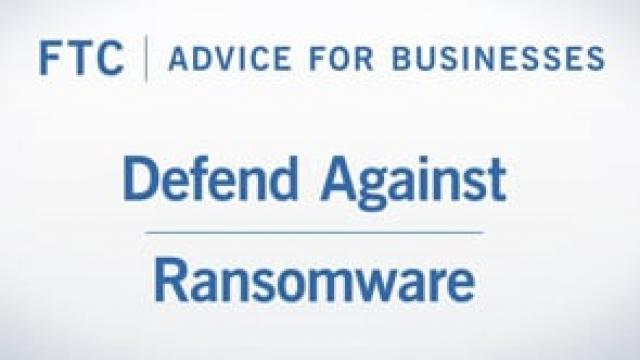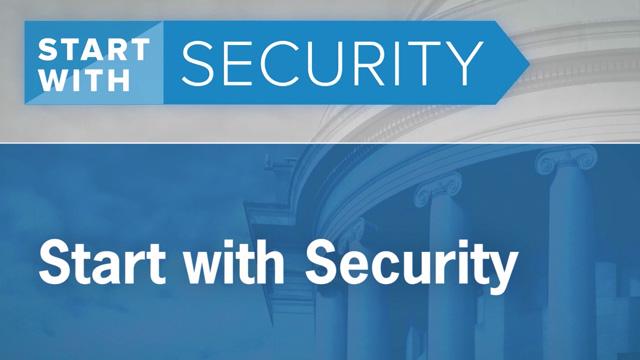Practical information for human resources and administrative professionals about protecting personal data in your company's possession, spotting B2B fraud, responding to identity theft, complying with the Fair Credit Reporting Act in the employment process – and more.
Plain Language Guidance
Some resumes list credentials — like a college degree or professional certification — that sound credible, but were bought from “diploma mills.” Human resources professionals need to educate themselves on the steps to take to suss out suspect degrees.
If employers use background checks in making personnel decisions, they must comply with the Fair Credit Reporting Act and laws that protect people from discrimination. The FTC and EEOC have tips for businesses on the lawful use of background information.
Este campo está desactivado porque no tiene permisos suficientes para editarlo.
Consejos para diseñar y poner en práctica un plan para proteger la información personal.
Does your company keep sensitive data — Social Security numbers, credit reports, account numbers, health records, or business secrets? If so, then you’ve probably instituted safeguards to protect that information. Your information security plans also should cover the digital copiers your company uses. If the data on your copiers gets into the wrong hands, it could lead to fraud and identity theft.
Este folleto explica cómo funcionan las estafas comunes como facturas falsas, estafas de publicaciones en guías comerciales, y estafas de impostores de compañías de servicio público que apuntan a los pequeños negocios. También describe las tácticas que usan los estafadores de manera que usted pueda identificarlas y provee pasos a tomar para proteger su compañía de las estafas. Para ordenar copias gratis visite ftc.gov/ordenar.
Online charitable giving portals must ensure that their efforts to provide more giving options do not inadvertently create donor confusion or violate advertising law principles. Here’s some guidance on how to do that.
Los portales de donaciones caritativas en línea deben tomar las medidas necesarias para garantizar que sus esfuerzos para brindar más opciones para hacer contribuciones no creen confusión inadvertidamente entre los donantes ni infrinjan los principios legales de la publicidad. A continuación algunas pautas de orientación para cumplir estos objetivos.
Practical tips for business on creating and implementing a plan for safeguarding personal information.
Practical tips for business on creating and implementing a plan for safeguarding personal information.
Como líder de negocios dentro de su comunidad, es posible que le pidan que apoye a organizaciones de caridad locales o nacionales. Establezca una norma en su negocio para que todo aquel que le pida ayuda para recaudar fondos le entregue información básica sobre la organización de caridad y el recaudador. Puede usar este formulario de solicitud de organizaciones de caridad.
This article is part of the FTC’s efforts to help small business owners avoid scams. It explains common scams that target small businesses and non-profit organizations, describes scammers’ tactics, and provides steps people can take to protect their company from scams. Copies can be ordered for free at ftc.gov/bulkorder.
This article is part of the FTC’s efforts to help small business owners avoid scams. It explains common scams that target small businesses and non-profit organizations, describes scammers’ tactics, and provides steps people can take to protect their company from scams. Copies can be ordered for free at ftc.gov/bulkorder.
Ten practical lessons businesses can learn from the FTC's 50+ data security settlements.
As a business leader in your community, you may be asked to support local or national charities. Supporting a charity can be a great thing to do, but before you give your time, money, or your business’s name, make sure the request isn’t a scam. Make it a policy to get anyone asking for fundraising help to give you basic information about the charity and the fundraiser. You can use this Charity Request Form.
When you use consumer reports to make employment decisions like hiring, promotion, reassignment, and retention, the Fair Credit Reporting Act requires you to take important compliance steps. Find out more about keeping your company within the law.




